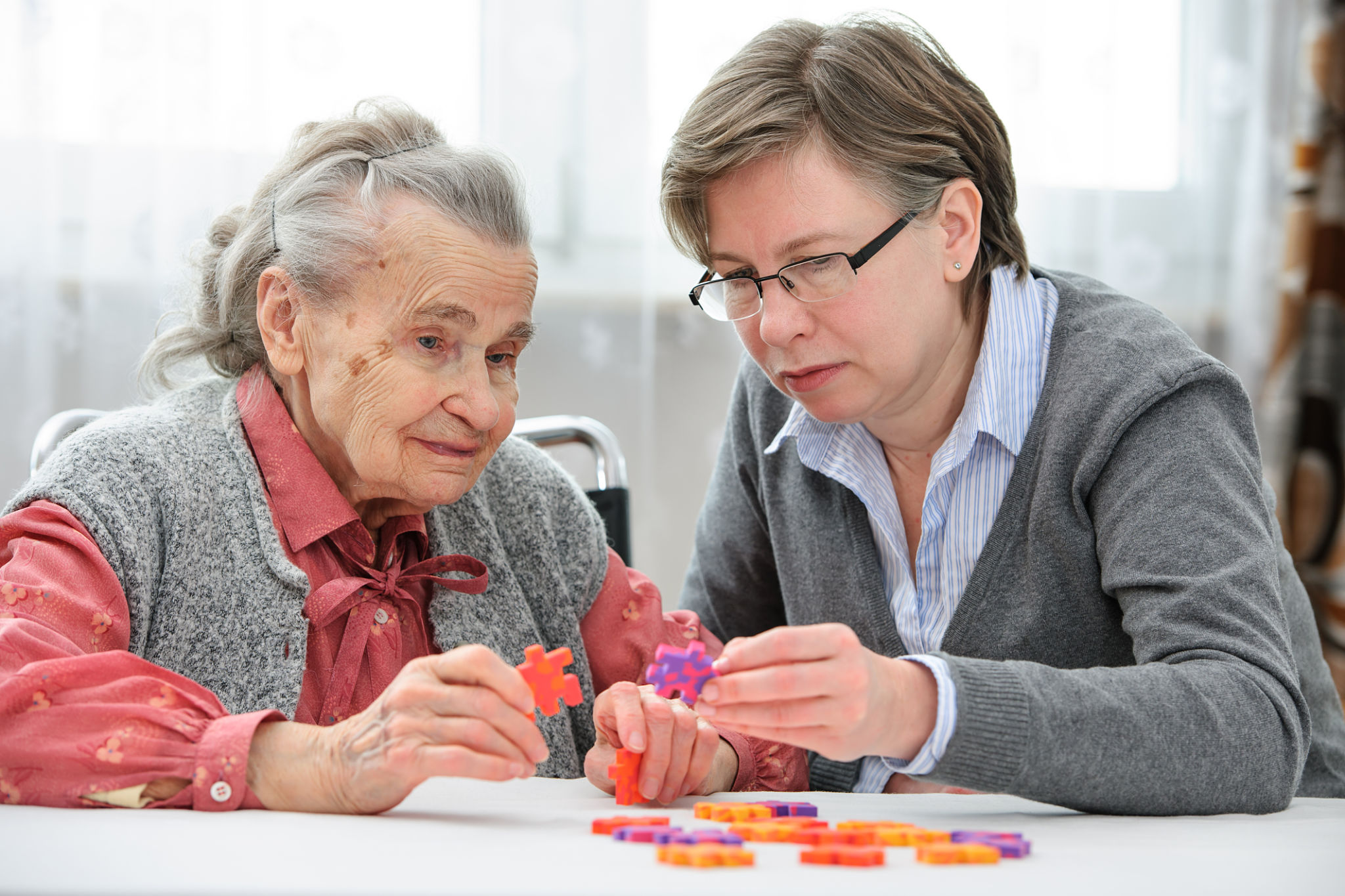Understanding Memory Care: What Families Need to Know
What is Memory Care?
Memory care is a specialized form of long-term care specifically designed to meet the unique needs of individuals with Alzheimer's disease, dementia, and other memory-related conditions. Unlike traditional assisted living, memory care focuses on creating a supportive environment that enhances the quality of life for those affected.
These facilities are staffed by specially trained professionals who understand the complexities of memory impairment and know how to provide care that is both compassionate and effective. Memory care communities offer a structured environment with routines that help reduce stress and anxiety for residents.

When to Consider Memory Care
Deciding when to transition a loved one to memory care can be challenging. It is essential to recognize the signs that indicate a need for specialized care. Some common indicators include increased wandering, aggression, confusion, or difficulty with daily activities such as bathing and dressing.
If home care becomes overwhelming or unsafe, it might be time to consider memory care. These facilities provide a secure environment where your loved one can receive the attention and support they need while allowing you peace of mind.
Features of Memory Care Facilities
Memory care communities are designed with features that cater specifically to individuals with memory impairments. These may include secure premises to prevent wandering, color-coded hallways to aid navigation, and memory boxes outside rooms filled with personal items to help residents identify their spaces.

Activities offered in memory care facilities are tailored to stimulate cognitive function and engage residents. Programs may include music therapy, art classes, and gentle exercise sessions, all designed to enhance quality of life while encouraging social interaction.
Staff Training and Support
The staff at memory care facilities undergo specialized training to understand the nuances of dementia and related conditions. This knowledge allows them to provide patient-centered care with empathy and respect, ensuring that residents' dignity is maintained at all times.
Continuous staff education ensures that caregivers stay informed about the latest advancements in dementia care, equipping them to handle the challenges that arise in day-to-day caregiving effectively.

Choosing the Right Memory Care Facility
Selecting a memory care facility for your loved one is a significant decision. Begin by researching various options and visiting facilities to observe their environment and meet the staff. Consider factors such as location, cost, staff-to-resident ratio, and the activities offered.
- Visit multiple facilities to compare their offerings.
- Ask about the specific training staff receive.
- Inquire about safety measures and emergency procedures.
- Request references from other families with residents in the facility.
Making an informed choice will ensure that your loved one receives the best possible care in a nurturing environment.
The Importance of Family Involvement
Family involvement plays a crucial role in memory care. Regular visits and participation in facility activities can significantly improve residents' well-being. Staying connected helps maintain emotional bonds and provides valuable support to your loved one during their transition into memory care.
Engage with staff to discuss your loved one’s preferences and history, which can help caregivers tailor their approach to meet individual needs effectively. Open communication between family and staff is key to providing comprehensive care.
